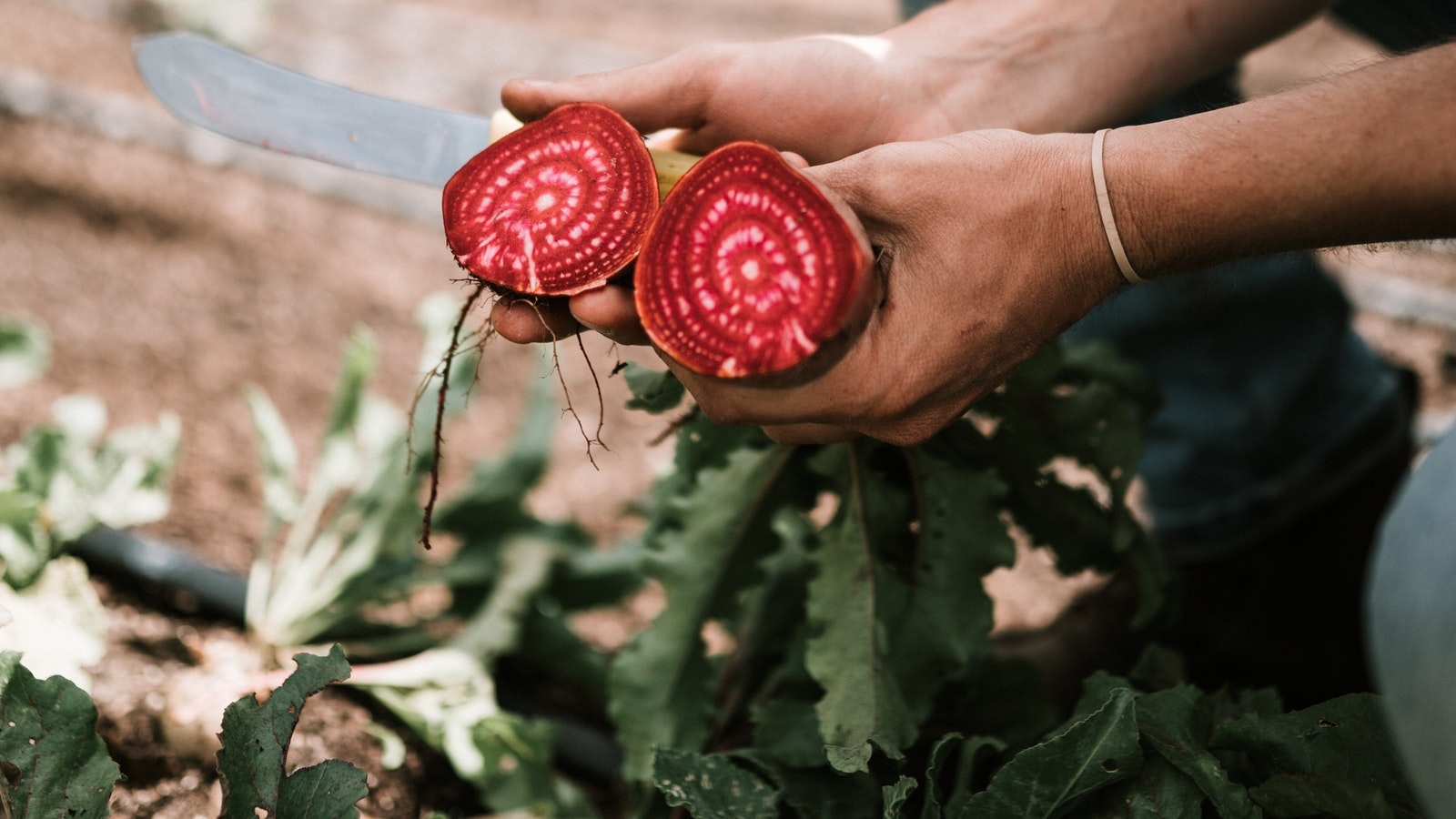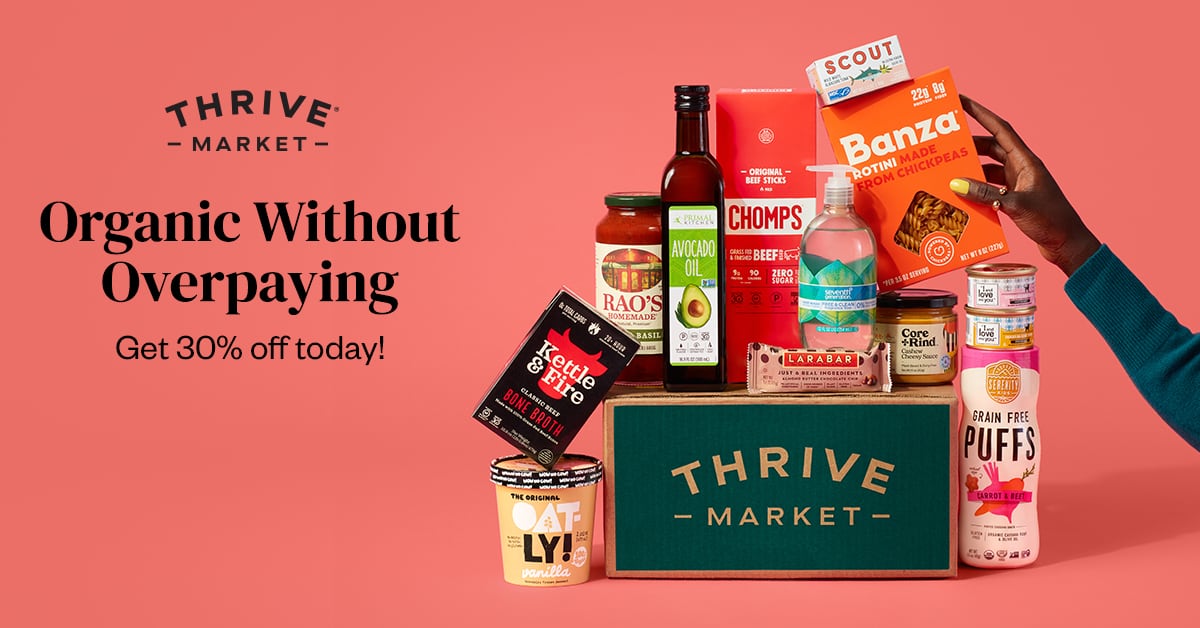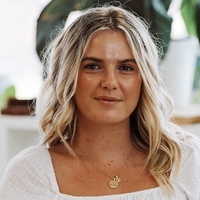How One Expert Rewilds His Diet
As a species, we have lost touch with our traditional ways of eating. We can see this especially in the Western world, where the evolution of our diets has directly influenced our current levels of disease and we’re becoming increasingly removed from the understanding of our food consumption. But there is light in the darkness, and many people are beginning to return to their roots and ‘re-wild’ their diets. One pioneer in this movement is Daniel Vitalis, host of the new show WildFed and an educator on living a healthier, more integrated natural life. James recently had the opportunity to talk to him ahead of the upcoming Food Matters Total Wellness Summit. Here is what they had to say about rewilding the diet.
Q&A
I want to reflect and pay homage to this particular time we’re living in. We were already facing this disintegration from our indigenous roots, from the land, and with the explosion of modern food. We are just getting chipped and chipped further away from our roots, right? What impact is this having on our health and our vitality and our wellbeing?
“Yeah, and on our sovereignty. It’s interesting to me, as you said I do not want the audience to get the impression that I am very anachronistic. I’m not somebody who's trying to take us backward in time. But I do think that the elephant is healthier in the wild than in the zoo. Since the elephant is a mammal, just like us, it stands to reason that we are healthier in the wild than in the zoo. That doesn’t mean the animal in the zoo doesn’t live longer, because it often does. But if you asked the lion, would you like a slightly shorter life in the wild, or a longer life in captivity? Which would you want? Would you like to live a hundred and twenty years in a prison cell? Or a hundred years out on the wild landscape where you have fulfillment?”
“So this is an important thing to work through. And that idea of captivity is interesting because much of the captivity that we have lived in has been invisible for a long time. But we are in a stage right now where some of it's becoming manifest in the exterior world. When I talk about indigenous peoples I’m not bringing up the identity/politics side of that, but more, I am looking at what human beings are like outside of what we call "civilization." The people who build city-states and who live on domesticated landscapes and built environments.”
“When we look at those people, just like it would be smart for the person who maintains the chimpanzees in the zoo to understand how chimps are in the wild, it would be smart for humans to look at how we are in the wild, to get a sense of what our needs are. One of the really interesting things about human beings in the wild is that they don’t have the same hierarchical structure that we have. We have gotten very far away from that. What we’re living under now is a lot more like an intensive factory farming operation for human beings, where the people are like the cattle inside.”
So true, especially when you consider the relationship ancient cultures have had with their foods. This is what your work is largely about. Tell me, what are the big things that indigenous people do that really set them apart from us and how we can re-appropriate our way back there?
“Sure. Let me just give a little background. I got into food from a nutritional perspective. That was always my interest. But as I went deeper down the food journey, it has been a couple of decades now, but when I was a young man my interest was just following what is the healthiest diet. And I always felt there must be food for humans. We must have a natural diet because you know, when I study any other animal, I quickly find out just by looking in an encyclopedia page, looking at Wikipedia, looking at any kind of field guide. This is the diet of that animal. So, it would be like, “Well, what about people? We are mammals, we are primates. Don't we have a diet?” It is really confusing and over the years it led me to develop a hunting and gathering practice that is kind of now where my focus is. What I learned incidentally was a lot more than what I was looking for. And it relates back to this connection.”
And how do people start to rewild their diet in a really practical way? Say, if I’m living in New York City and I have got a Whole Foods or a Trader Joe’s down the road? How do I do my best to try to re-appropriate, even though I’m in a highly domesticated style of environment? How do I do my best throughout my day to transition to a wild-type diet?
“Well, of course, it will never be a wild-type diet if we are doing it at the supermarket, but we can certainly make some good choices. I would say that the average person listening to this (I know there is going to be some foodies out there that are the exceptions to this rule) but I bet most people listening if they are honest with themselves and they imagine the produce aisle where they shop, I bet there is a handful of things you’ve never tried. Not on your own, maybe you’ve had it at a French restaurant in your salad once, but I bet there is a lot there you’ve never had. I bet when you go buy onions you buy a certain kind of onion. I bet when you go buy lettuce you buy a certain kind of lettuce. Fish around the edges. Like endive. ‘Chicory? Is that going to be bitter?’”
“There are all these things that we’re not trying. And it would be wise to start to expand the variety and the repertoire. Even if you bring something home and you’re like, 'I don’t like it' or 'I didn’t know what to do with it'. Start experimenting more with a greater variety of foods. If you eat nuts, start to go like, 'Hey are there any nuts in here that I do not usually eat?' 'Am I eating a lot of cashews but never eating Brazil nuts?' 'Am I eating walnuts, but never having any filbert's.' Or whatever. Start to expand because the average indigenous person’s eating around 200 species. This is a hard thing to say because human beings are so unique in that we live endemically all over the world.”











